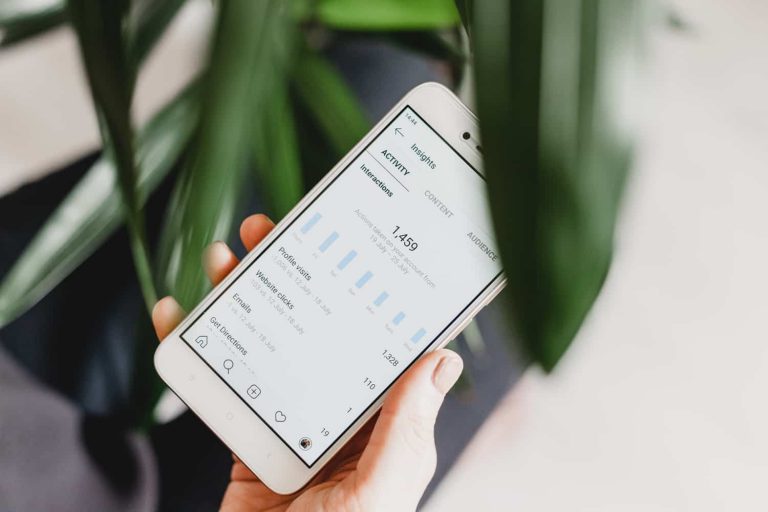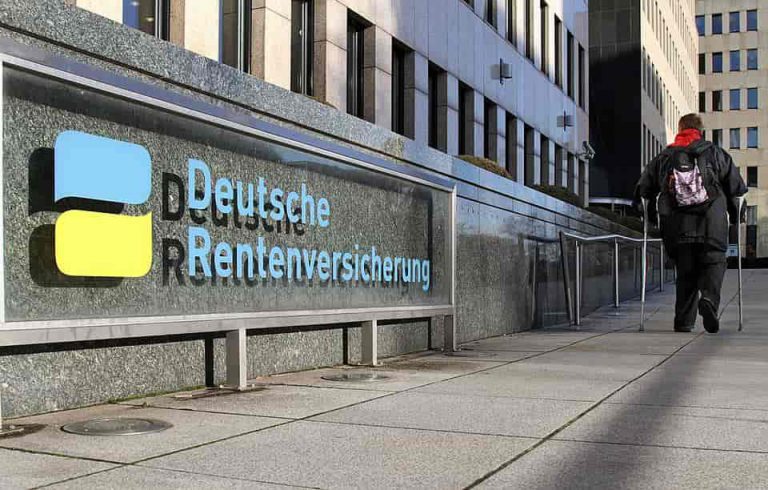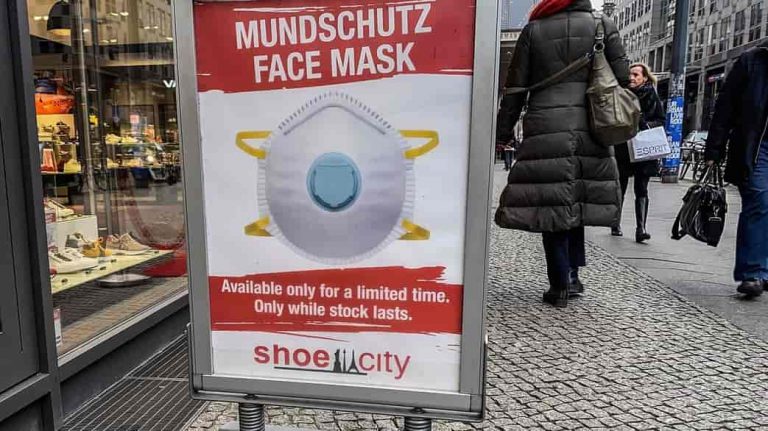Choosing the right type of visa when planning to find a job in Germany is essential and should be well considered. In this article we aim to give you a broad overview of all the possible types of work visas as well as permanent residence visas.
Work Permits and Employment-based Visas
If your nationality is an EU or EEA member states, you can easily relocate to Germany or any other EU country. However, once you arrive in Germany, you are still required to officially register with the local German authorities.
Types of Residence Permits
But how to actually register with the local authorities after your relocation to Germany? When you are from any non-EU member state and you planned to stay longer than 90 days, you are legally obligated to obtain a residence permit. This short-term visa can only be extended under exceptional circumstances as in the case of sickness.
Ordinarily, the application for a visa, residence permit, and work permit can be submitted at an embassy or consulate.
Assumingly, you are a typical expat relocating to Germany, several residence permits might be interesting for you: the Blue Card, temporary residence permit, the EC long-term residence permit, and the permanent settlement permit. The most common permit used is the temporary residence permit, in German: Aufenthaltserlaubnis.
However, since it is usually valid for one year, the permit has to be renewed from time to time. The timeline is dependent on the employment status, type of occupation and nationality. For instance, an employee with an unlimited contract would receive a permit valid for a longer time period than a person having a limited contract. In the latter case, the validity would most likely not exceed the duration of the contract.
As long as the circumstances of the ex-pat remain unaltered, renewing the residence permit is generally more a formality. Generally, just in case employment terms and conditions changes, or in some cases of divorce, the residence status might be affected. In such a case, we recommend to address local authorities (Ausländerehörde) and an immigration lawyer directly to prevent possible implications.
Work Permits and Visa Requirements in Germany
In case you do not have an EU nationality, it is most likely that you require an employment visa and residence permit prior to entering Germany. The German representation abroad (Ausländerbehörde) of your current country of residents is responsible for handing out these documents.
Whether your permit is approved depends on a few factors, such as:
- If you have a confirmed job offer.
- If the vacancy cannot be filled by either an EU national or another immigrant who applied before you.
If you’re successful, a work permit will be granted for one year on average. However, renewal is possible. If you are considered a highly-skilled employee, you may receive a different kind of permit valid for several years.
An Opportunity for Third-Country Nationals
EU nationals, as well as people from Iceland, Liechtenstein, Norway, and Switzerland, don’t need a visa or official permission to hold a job in Germany. However, intra-European migration may not be enough to compensate for the lack of qualified employees. Therefore, getting a work permit and skilled worker visa (aka “Blue Card EU”) has become easier for selected, well-paid third-country nationals.
Nowadays, an employment permit for Germany is usually issued together with their residence permit. Plenty of people holding a German residence permit are allowed to start working in Germany too unless their residence title explicitly says otherwise. Nonetheless, immigration laws do remain rather strict except for the cases mentioned above.
Moreover, no other document can replace your residence or work permit for Germany. If caught without either, both you and your employer may have to pay high fines. And without such permits, no insurance company will cover you in case of workplace accidents or occupational diseases.
Country of Origin
Your specific work permit requirements for Germany could strongly depend on your nationality. If you’re a citizen of an EU member state, you don’t need to apply for one.
Citizens of other states usually need to apply for a work permit for Germany from abroad, together with their visa. Handing in your work permit and visa application forms from within Germany is only possible for expats from a few selected countries (Canada, the US, Australia, Israel, New Zealand, Japan, and South Korea).
Once you kick off the process, the German diplomatic mission will contact the immigration department (Ausländerbehörde) in Germany. In turn, this office gets in touch with the Federal Employment Agency.
The agency can then approve your application, issue the permit, and submit it to the Ausländerbehörde. From there, it’s passed on to the diplomatic mission where you originally submitted your application.
If you’re interested in an employment visa for Germany, go to the nearest German Embassy or Consulate and:
- Bring a valid passport and at least one copy
- Supply several passport photographs
- Pay the required work visa cost
- Provide additional documents (e.g. a certificate of good conduct, a job contract, diplomas, and references, etc)
Details regarding the visa application process may vary according to your country of origin. Please contact your local German Embassy to check the exact work visa requirements.
If you’re already employed at the foreign branch office of a German company, this is likely to speed things up
Skilled Migration
Over the past few years, the German government has tried to encourage the migration of highly-qualified professionals by introducing a new residence title for Germany. The aging population and a shortage of engineers, IT specialists, and healthcare staff, have become major challenges in the country.
As Germany is primarily looking for qualified specialists, critical skills enhance your chance of getting a work permit significantly. Expect detailed questions on your job offer, your chosen field of employment, your current occupation, your desired salary, and so on.
Also, you have to submit a completed form called “Ausländer- beschäftigung” from your future employer.
The German government first encouraged skilled labor migration around the year 2000 when they introduced a “Green Card” for IT specialists. By now, these regulations have been revised several times.
If you have an undergraduate or graduate degree, and you’ve secured a job before you move to Germany with a salary of at least 52,000 EUR (as of 2018), you’re eligible for an EU Blue Card. The Blue Card allows individuals to stay in Germany for four years. After two or three years, you may obtain a settlement permit (permanent residence permit). Your spouse and dependent children are also allowed to enter the country right away, and they can get a work permit as well.
If you have an academic qualification and professional experience in a field with a current shortage of qualified staff (e.g. IT, engineering, healthcare), or a ‘shortage occupation’, the income limit is lower than it is for other graduates. Then you have to earn at least €40,560 annually (as of 2018), working under the same conditions as your German colleagues.
If you qualify as one of these top-level immigrants, there are some extra benefits, for example, you don’t have to wait for approval from the Federal Employment Agency.
Family Migration
For most non-EU nationals, the subsequent immigration of spouse and children come with fairly strict requirements. Family reunion visas are subject to various regulations, for example:
- You earn a sufficient income to support your family financially
- You can provide housing for your family
- Your spouse must prove basic knowledge of the German language
- Your children must be younger than 18 years of age and still be unmarried
However, if you have immigrated as a skilled professional or if you’re an EU/EEA national, none of this applies. There are also separate regulations for nationals of the following countries:
- Andorra
- Australia
- Canada
- Honduras
- Israel
- Japan
- Monaco
- New Zealand
- San Marino
- South Korea
- The United States
Also, if you want to get married in Germany, you and your fiancé(e) will probably need the following documents:
- Passport
- Birth certificate
- Proof you have been in Germany for at least 21 days. You can get a Meldebescheinigung (registration certificate) from your nearest Anmeldeamt (receiving office).
- Proof you’re single
- Birth certificates of any children you have had together
- Application from the Standesamt (registry office)
The following may also be required:
- A Certificate of Freedom to Marry, No Marriage Affidavit, or Certificate of No Impediment
- Marriage certificates from any previous marriages
- Your finances
If you or your partner are foreign, your paperwork may have to be checked by a regional court.
Trailing Points System
Since fall 2016, a points system, called PUMA (Punktebasiertes Modellprojekts für ausländische Fachkräfte), has been trialed in Baden-Württemberg, Germany. The idea is the system would allow third-country nationals employment if they achieve 100 points, based on various attributes that make them a valuable addition to the country’s workforce.
Some skills that gain you points include:
- German language skills
- English or French language skills
- Relatives in Germany
- Previous time spent in the country or elsewhere in the EU











